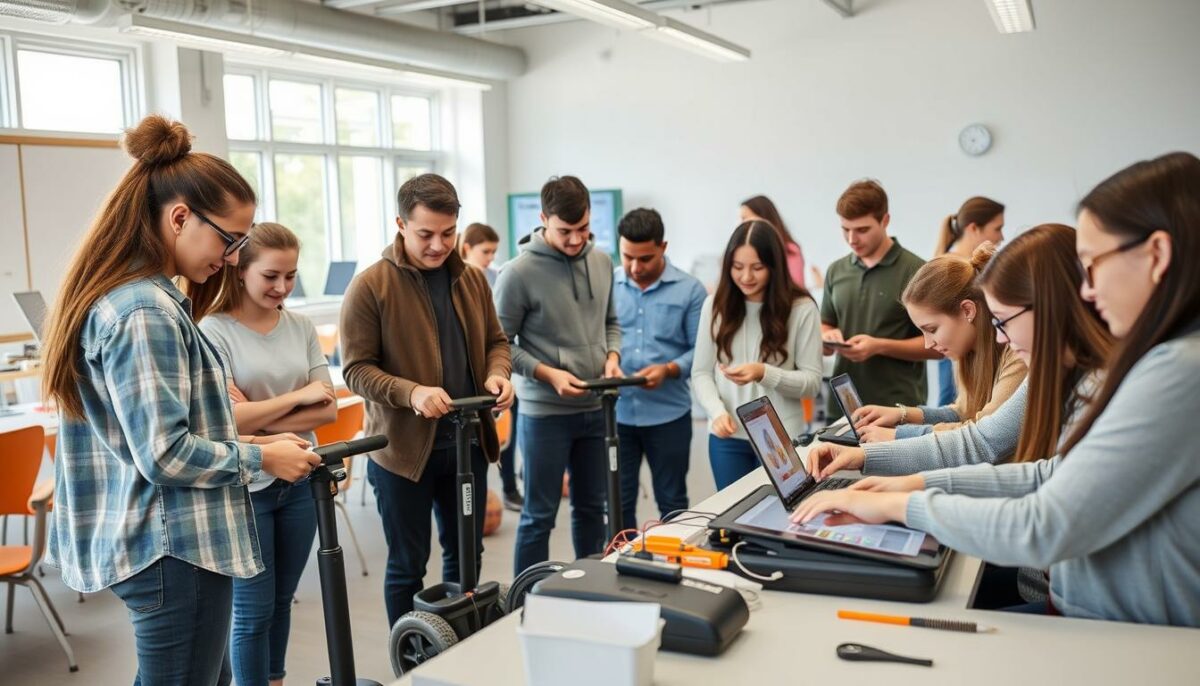The Brainport Region, Netherlands, hosted an international event in cooperative driving as part of the i-GAME project, supported by the European Commission. GCDC 2016 was a significant demonstration of cooperative vehicle automation and vehicle-to-infrastructure communication.

Key Highlights:
- Location: A270 Highway between Helmond and Eindhoven.
- Participating Teams: 10 European teams from universities, research institutes, and companies.
- Scenarios: Automated lane-changing, merging, crossing, and creating space for emergency vehicles.
Public Day – GCDC 2016
Date: Saturday, 28 May 2016
Location: Automotive Campus, Helmond
Time: 11:00 – 19:00
Entry: Free
- Highlights: Interactive demos, vehicle showcases, and family-friendly activities to raise public awareness of cooperative driving.
- Coincided with: Dutch Technology Week.
Mobility Expert Day – GCDC 2016
Date: Sunday, 29 May 2016
Location: Automotive Campus, Helmond
Time: 13:30 – 17:30
Entry: Free
- Focus: Mobility experts and press.
- Features: Futuristic vehicle demos, live GCDC demonstrations, and tours of the Traffic and Innovation Centres.
i-GAME Congress – Monday, 30 May
Location: Eindhoven University of Technology
Time: 09:30 – 17:30
- Audience: Policymakers, researchers, automotive industry leaders.
- Topics Covered: Safety and legal aspects of cooperative driving. Standardization challenges and public acceptance.
Programme Highlights:
- Opening Plenary: Florien van der Windt (Ministry of Infrastructure) – National policy on automated driving. Prof. Peter Zegelaar (Ford Research) – Ford’s vision on driver assistance.
- Parallel Sessions: Certification challenges, legal aspects, and infrastructure discussions. Public support for cooperative driving, including end-user involvement.
Master Class on Cooperative Mobility – Tuesday, 31 May
Location: Eindhoven University of Technology
Time: 09:30 – 14:00
Entry: Free (Includes lunch)
- Audience: Students, young professionals, researchers.
- Key Sessions: Trends in automated driving by Hans Jeekel (Rijkswaterstaat). Lessons learned in the i-GAME project, including human-machine interaction and creating public awareness.